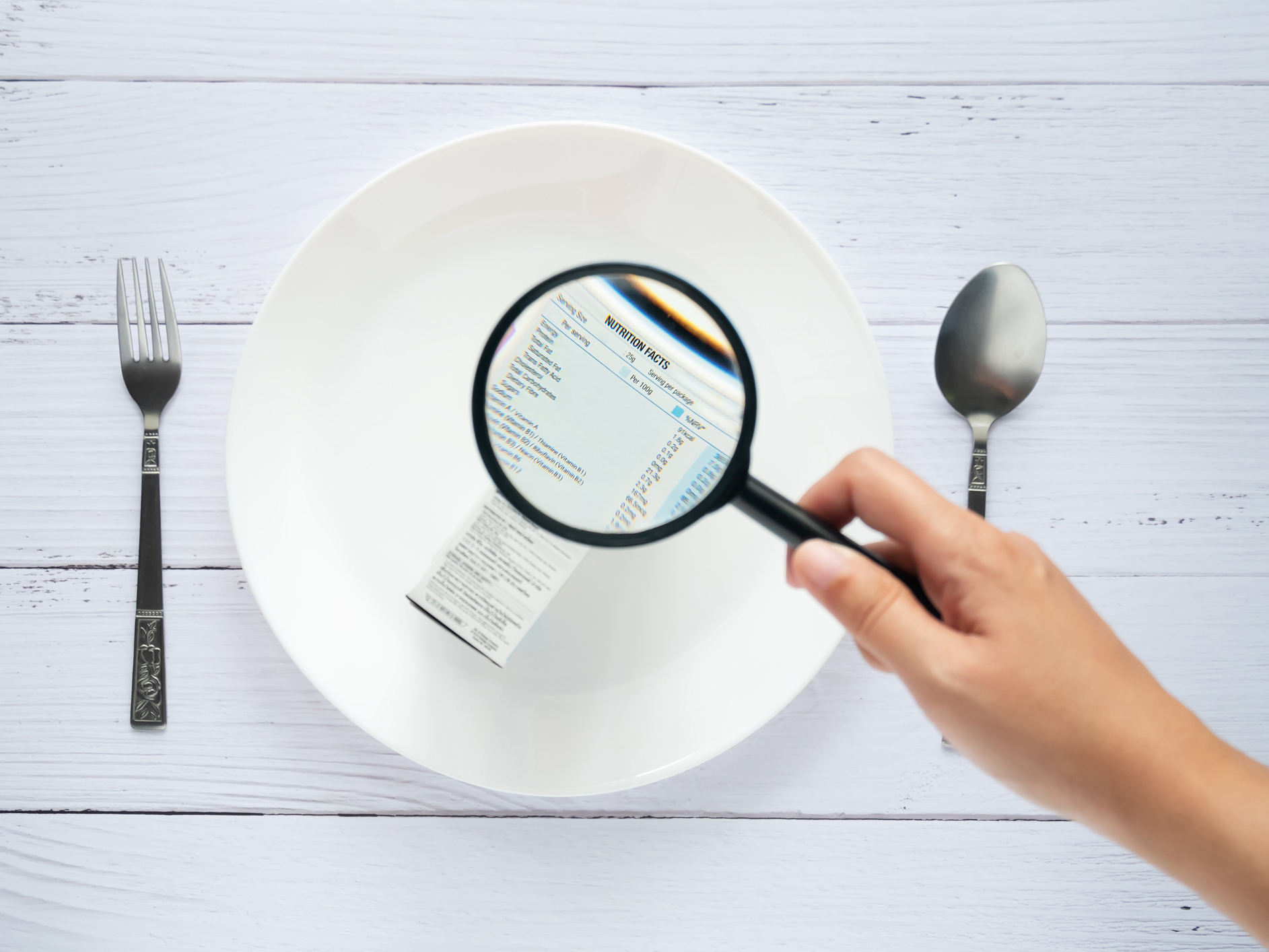Get Easy Health Digest™ in your inbox and don’t miss a thing when you subscribe today. Plus, get the free bonus report, Mother Nature’s Tips, Tricks and Remedies for Cholesterol, Blood Pressure & Blood Sugar as my way of saying welcome to the community!
The common food preservative linked to diabetes development

More than 400 million people worldwide suffer from diabetes, and the rate at which people are developing this disease is accelerating. The surging rates of diabetes and obesity in the last 50 years strongly argue that environmental and dietary — rather than genetic — factors are driving this type 2 epidemic.
A new study suggests that one of the culprits may be a common food additive, propionate.
Propionate is a natural substance that is added to various processed foods as a preservative to prevent mold and bacterial growth. It is generally regarded as safe (GRAS) according to the Food and Drug Administration and is a common additive in our food supply. Here’s a list of some of the foods in which propionate may be found:
- Baked goods (think bread, pastries, pizza dough)
- Breakfast cereals
- Pasta and noodles
- Dried and condensed milk
- Processed cheeses
- Flavored yogurts and puddings
- Dairy-based spreads
- Sports drinks
- Diet foods and beverages
- Commercially prepared potato salad
- Condiments
- Soups and sauces
- Nut butters
Now, researchers at Harvard are raising a warning flag about this additive. As it turns out the preservative may be a metabolic disruptor, disproportionately increasing the levels of several hormones that are associated with the risk of obesity and diabetes.
And not with extreme dosing. Rather with levels that are found in our food supply.
The Harvard scientists found that eating even one meal containing a typical dose of this additive increased the levels of several hormones that control blood sugar levels in otherwise healthy people, causing blood sugars to spike and insulin levels to rise. We already know that repeated exposure to higher sugar and insulin levels leads to insulin resistance and diabetes — as well as easier weight gain.
Related: 7 food additives to always avoid
This study should give us all pause. Because it underscores how little we know about the effects of the various food preservatives and additives we are putting into our bodies. And even well-meaning government agencies, like the FDA, may not have every bit of information when they make their determination regarding the safety of these substances.
Which is why Step One Foods avoids using additives and preservatives in our foods. We understand that there is much we don’t know about these compounds and that the best way to avoid any negative health consequences is to simply avoid exposure.
By the way, most of the foods that contain propionate are foods we should be eating less of, regardless. Reducing your intake of processed foods will help you reduce your exposure to many of these types of substances.













